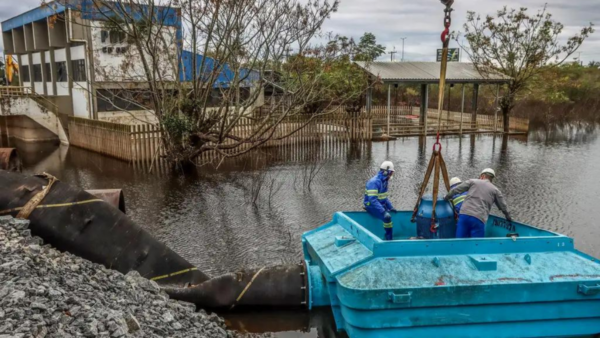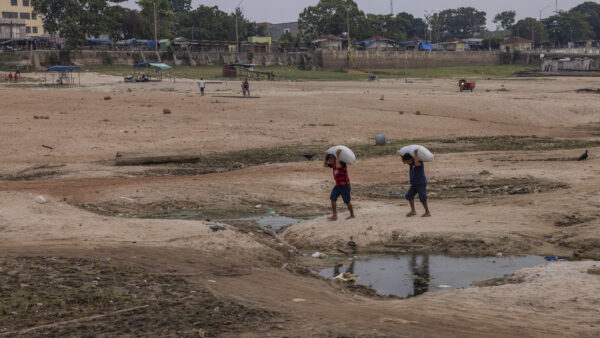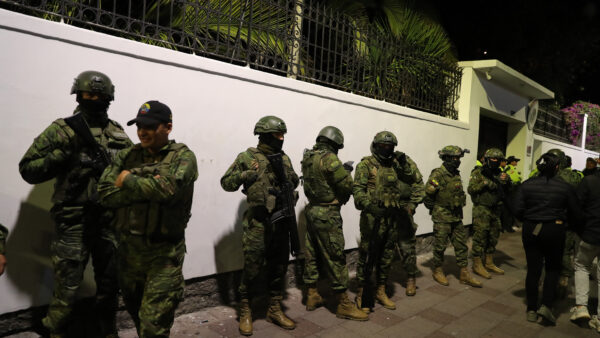The 2018 financial crash that triggered the fall of Argentina’s former center-right president Mauricio Macri is worth remembering, as the country’s more extreme current leader, Javier Milei, has copied much of Mr. Macri’s formula — more than he would like to admit.
Moreover, Argentina’s libertarian president is starting to see some of the same signs of financial instability that marked the start of Mr. Macri’s downfall, as short-term speculators who piled on to Argentinian assets at the start of both presidencies now seem to be reconsidering their choices.
The rise of Mr. Macri had captured investors’ imaginations in 2015, as it seemingly signaled a clean break from the populist economics of Peronist former President Cristina Kirchner, who had run large deficits and imposed stringent controls on currency markets.
Mr. Macri’s economic team toured the world with a series of promises, including gradually cutting the country’s deficit to reach fiscal equilibrium by the end of his term. Meanwhile, the deficit would no longer be financed through money printing (as was common during the Kirchner administration) but through public debt, as investors would be more confident about handing loans to his pro-market government.
Cutting money printing, they hoped, would lead to lower inflation, creating a positive feedback loop of higher public support and thus more room for pro-market reforms in Congress.
Markets rallied initially, with Argentina’s benchmark stock market index, the Merval, tripling in value between 2015 and 2017 when measured in U.S. dollars. Real economic growth was modest, however, as investors did not want to make any long-term bets on the economy based on mere speculation about future macroeconomic improvements.
By 2018, the bubble burst.
...

 Search
Search











































